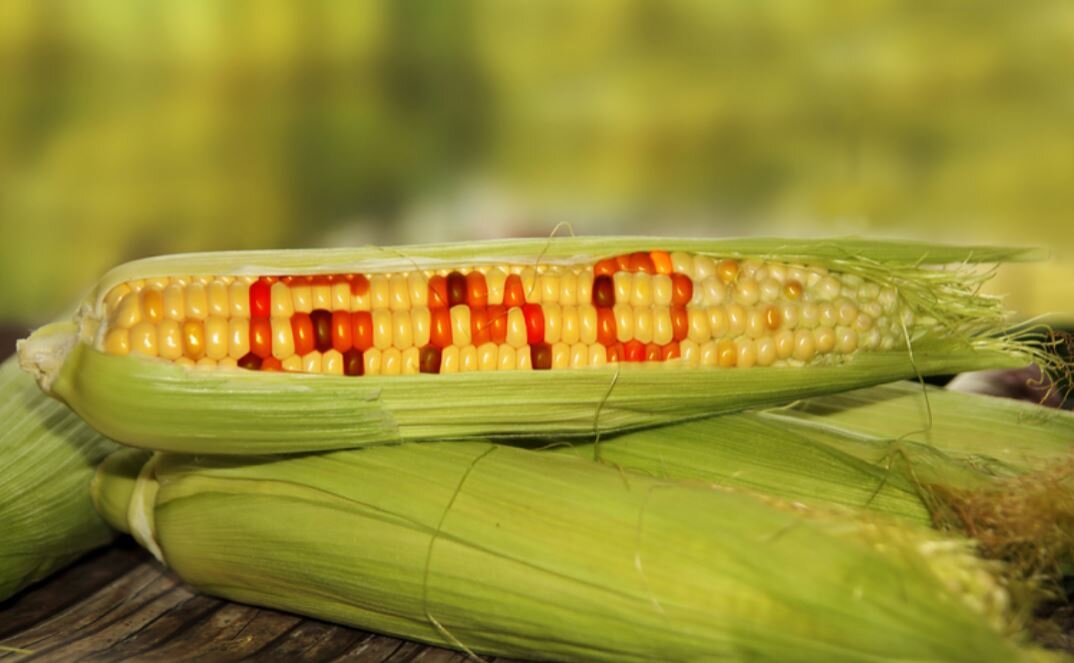Amid the persistent global challenge of food insecurity and the strain on household budgets, a controversial yet potentially transformative proposal has taken center stage: Genetically Modified Organisms (GMO) food. In a bold move, President Ruto champions this unconventional solution, adamantly defending the decision to lift the ban on GMO. In recent remarks, President Ruto stated, “I haven’t grown breasts despite taking Genetically Modified food. No woman has grown beards because of consuming GMOs.”
This expression by the president on myths and fears of GMO might be just as controversial as the issue itself. President Ruto is not the first president to broach this subject. In the early ’90s, the Daniel Moi-led Kanu government initiated research on GMOs. Parliament later passed the Biosafety Act of 2009, establishing the National Biosafety Authority, which regulates the adoption, distribution, and consumption of genetically modified foods.
However, after a groundbreaking study by French molecular scientist Gilles Eric Seralini, popularly known as the ‘Seralini Paper,’ a two-year feeding study in rats revealed a rise in tumors among those that were given genetically modified corn. During the coalition government, under President Mwai Kibaki and Prime Minister Raila Odinga, Health Minister Beth Mugo presented a proposal to the cabinet seeking a ban on GMO, which was adopted on November 8, 2012. Later, in October of last year, the Kenya Kwanza regime lifted the ban through a cabinet meeting.
While President Ruto champions the potential of Genetically Modified Organisms (GMO) food as a beacon in the battle against food insecurity and high living costs, critics argue that the risks associated with tampering with the genetic makeup of our sustenance far outweigh the potential benefits. The Law Society of Kenya, lawyer Paul Mwangi, the Kenya Peasant League, the Kenya Small Scale Farmers Forums, and four other petitioners filed suits in court challenging the said GMO lift.
On the other hand, the World Health Organization (WHO) concludes that GMO foods available on the international market have undergone rigorous risk assessments and are therefore unlikely to pose a risk to human health compared to their conventional counterparts. The US Food and Drug Administration (FDA) and the European Food Safety Authority have also undertaken safety assessments and approved GMO products mainly on a case-by-case basis for either cultivation or food.
However, the Kenyan Kwanza government wants the introduction of specific GM maize varieties NK603 and NK603+, believed to have no adverse effects on human health. This is backed up by a study conducted by Steinberg in 2019 on the lack of adverse effects in subchronic and chronic toxicity/carcinogenicity studies on the glyphosate-resistant genetically modified maize NK603.
Currently, BT cotton, a GMO of the cotton plant, is still undergoing testing. It was approved in 2016, and a section of farmers around Kenya are cultivating it. Also, in 2021, Kenya approved GMO cassava that is resistant to Cassava Brown Streak Disease following a comprehensive safety assessment that showed the crop did not pose any risk to human and animal health and the environment.
The debate surrounding Genetically Modified Organisms (GMO) food is undeniably complex, with President Ruto’s push for its adoption while critics emphasize potential risks. Global health organizations assure the safety of GMOs based on rigorous assessments. The Kenyan Kwanza government’s introduction of specific GMO varieties is rooted in assurances of their harmlessness. As the nation navigates this complex issue, ongoing dialogue between proponents and opponents remains vital for formulating policies that balance innovation with public health and environmental considerations.
















